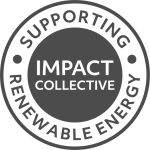IMPACT COLLECTIVE members' participating products must follow a set of standards that include:
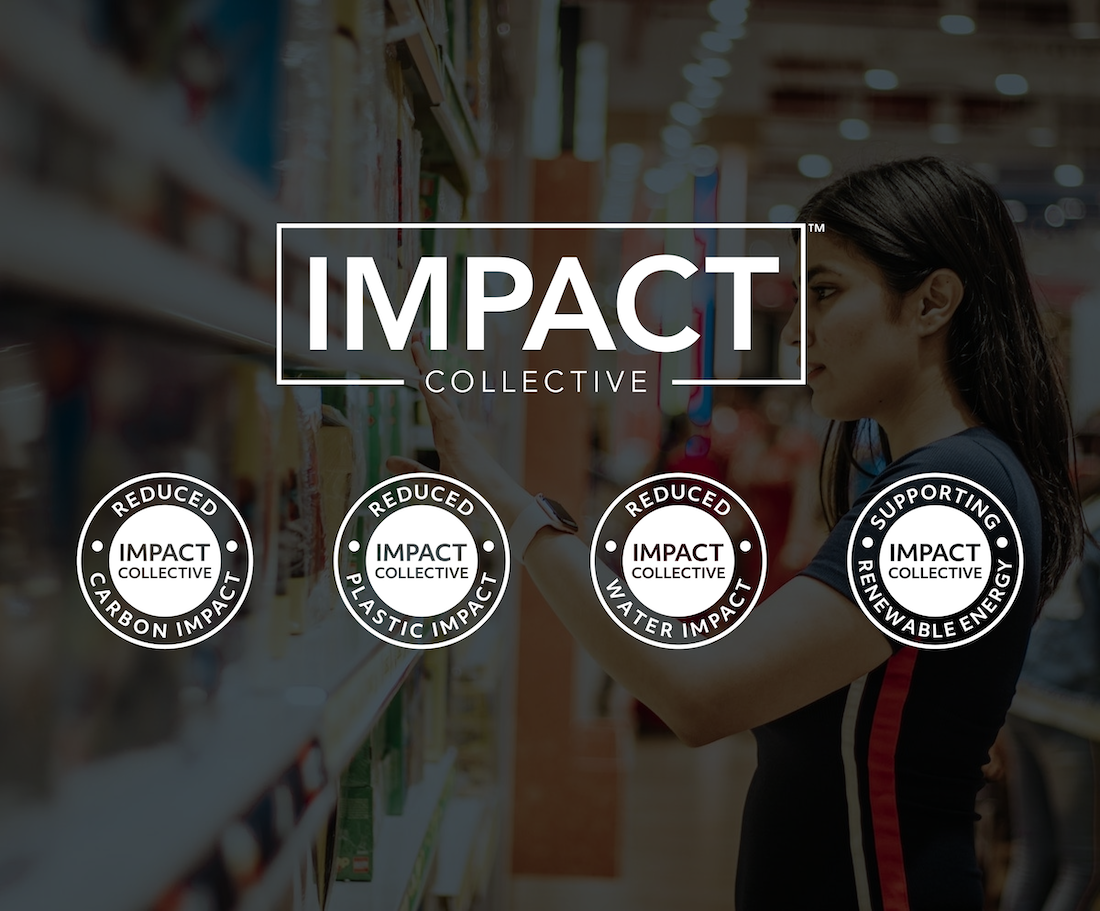
Measurement
Brands must complete an Environmental Input-Output Life Cycle Analysis (EIO-LCA) to measure the carbon, energy, water, waste, and toxic impact throughout the supply chain for each participating product.
LCA Methodology & Database
IMPACT COLLECTIVE uses a EIO-LCA database, the only database in the world that provides both industry-technology and commodity technology model outputs and uncertainty characterizations. The database covers 2,700+ environmental exchanges by 400 industry sectors and commodities and the linkages between them across 170 countries.
The EIO-LCA database is utilized by companies worldwide for ESG reporting, leveraging GHG Protocol for scope 3 emissions, and accepted by CDP. The database assesses Cradle-to-Gate and is in compliance with ISO Standards: Required for LCA (ISO 14040 & 14044).
Annual Offsetting & Reductions
Each participating product must offset a minimum of 50% of their measured CO2e (carbon dioxide equivalent) emissions in at least one of the 4 environmental focus areas: carbon, plastic, water or energy.
IMPACT COLLECTIVE manages a portfolio of certified offset projects that meet all international and governing body standards and retires offsets on behalf of its members as outlined below.
Documentation & Reporting
All unit sales and respective offsets and reductions utilized by the program are certified by PDI Sustainability Solutions in the first quarter of the following year for all clients and their products.
Meet our Members




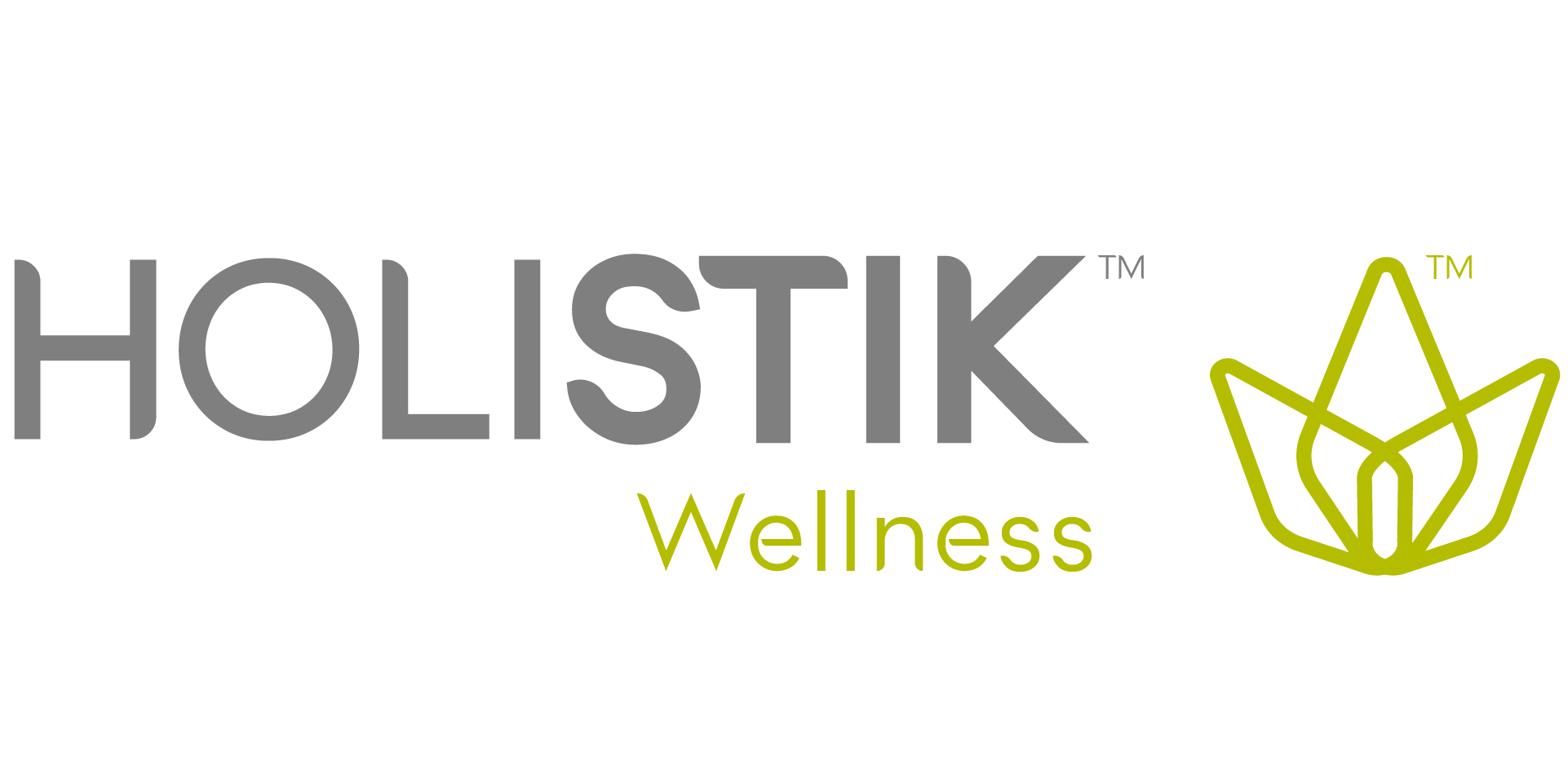




 Carbon
Carbon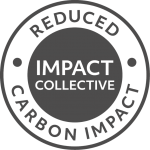

 Plastic
Plastic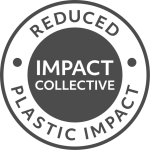

 Water
Water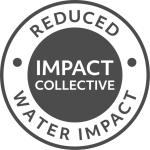

 Renewable Energy
Renewable Energy